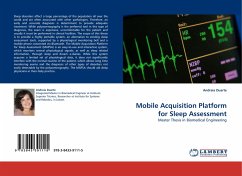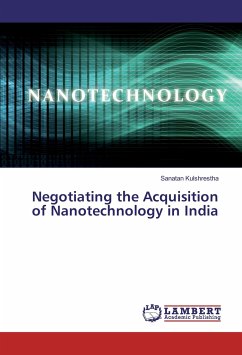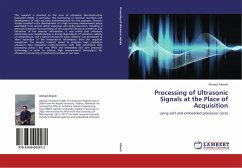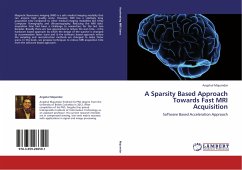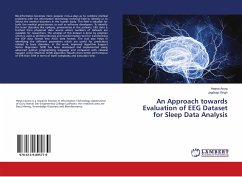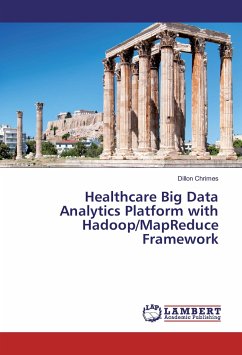Sleep disorders affect a large percentage of the population all over the world and are often associated with other pathologies. Therefore, an early and accurate diagnosis is determinant to provide adequate treatment. While polysomnography is the preferred tool in this type of diagnosis, the exam is expensive, uncomfortable for the patient and usually it must be performed in clinical facilities. The scope of this thesis is to provide a highly portable system, an alternative to existing sleep assessment tools, supported by a physiological monitoring belt and a mobile phone connected via Bluetooth. The Mobile Acquisition Platform for Sleep Assessment (MAPSA) is an easy-to-use and interactive system, which monitors several physiological signals, as well as sleep related information, through sleep and dream e-diaries. While this system acquires a limited set of physiological data, it does not signi cantly interfere with the normal routine of the patient, which allows long time monitoring exams and the diagnosis of other types of disorders not easily detectable by the polysomnography. The MAPSA should aid sleep physicians in their daily practice.
Bitte wählen Sie Ihr Anliegen aus.
Rechnungen
Retourenschein anfordern
Bestellstatus
Storno

